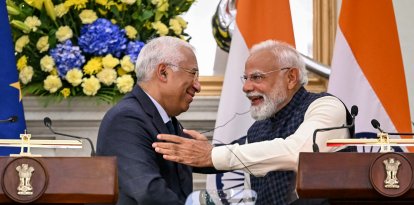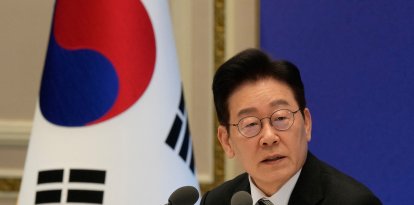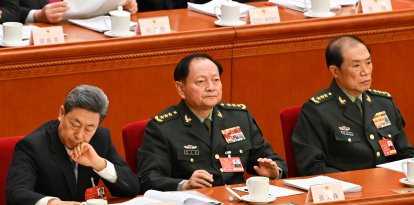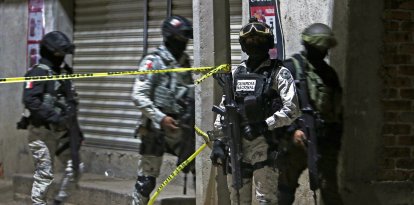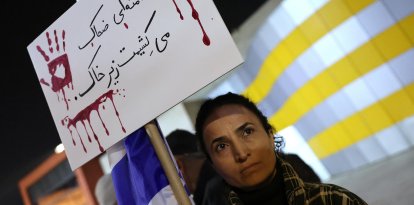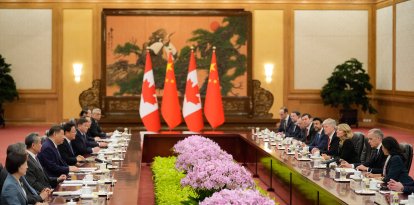Iran disbands Morality Police
The Iranian attorney general stressed that the morality police "has nothing to do with the Iranian judiciary" and announced that they are considering changing the rule on hijabs being mandatory.

Protestas en Irán / Cordon Press
The Iranian Morality Police is now history. Iran's attorney general, Mohamad Jafar Montazeri, made the announcement after months of protests over the death of Mahsa Amini while in custody.
Montazeri stressed that "morality police have nothing to do with the judiciary,” and that the latter has the task of ensuring the traditional Islamic values are upheld in the country. When questioned about this body at a meeting in Qom, he indicated that "it has been dismantled by the same people who created it.”
Will the law on hijabs change?
The announcement of this measure came just 24 hours after the same attorney general stated that "both the parliament and the judiciary are working [on the matter]"on whether it is necessary to change the law requiring women to cover their heads," as reported by Al Arabiya News.
President Ebrahim Raisi expressed his stance in a televised statement on December 3. According to Raisi, Iran's republican and Islamic foundations were constitutionally entrenched "but there are methods of implementing the Constitution that can be flexible." The rule requiring women to wear their hair covered dates back to 1983, four years after the revolution that led to the fall of the Shah.
Will it be a simple change?
However, many international analysts, and the citizens themselves doubt whether these statements will be converted into something more or will they merely change the name or make a small change to one of their most cruel and brutal, yet effective tools for enforcing the strictest compliance with Islam. For example, Michael A. Horowitz pointed out on Twitter that, despite the dissolution of the police force "other Iranian security entities continue to kill protesters."
Founded in 2006
Since Amini's death in September, more than 400 people have lost their lives and thousands of citizens have been imprisoned, many with a death sentence hanging over their heads. The brutality of law enforcement agencies in the repression of the largest protests ever by the Ayatollahs' regime in its recent history has mobilized large parts of the population. Women under 24 and children have taken a stance by openly rebelling by showing their hair and leading protests.
The morality police, formally known as Gasht-e Ershad or "Guidance Patrol,” was created in 2006 under President Mahmoud Ahmadinejad, known for his extremism to "spread the culture of modesty and hijab." During the years they were in power, they stood out for their brutality and radicalism.















